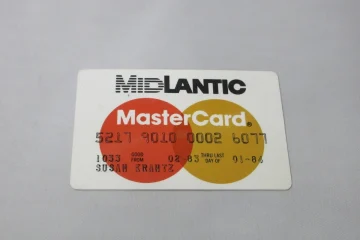Pierre Poilievre’s Strategy in the Upcoming Election

Importance of Pierre Poilievre’s Election Campaign
Pierre Poilievre, leader of the Conservative Party of Canada, is gearing up for the upcoming federal election, which is anticipated to take place in 2025. As one of the most influential figures in Canadian politics, Poilievre’s campaign strategies and policies will profoundly influence voters and the political landscape. Given the Conservatives’ mixed performance in recent years, how Poilievre positions himself could be crucial for the party’s fortunes.
Current State of Affairs
Since being elected as party leader in September 2022, Poilievre has focused on several key areas to appeal to Canadian voters. Among these are economic concerns, particularly rising inflation and the cost of living, issues that affect many Canadians on a daily basis. Polls indicate that voters are increasingly concerned about financial stability, and Poilievre’s proposals to cut taxes and reduce government spending seem to resonate with many in the electorate.
In recent months, Poilievre has participated in multiple public engagements, from town halls to national media appearances. His assertive approach in these forums aims to project confidence and connect with Canadians directly. Furthermore, polls released in late 2023 show that Poilievre’s popularity among potential Conservative voters is steadily increasing, although challenges remain from the ruling Liberal Party, which is actively campaigning as well.
Challenges Ahead
Despite his upward momentum, Poilievre faces significant hurdles. One major concern is the prevailing sentiment within Canadian society, which tends to favor the Liberal Party’s social programs over Conservative fiscal policies. Poilievre also has to navigate the party’s internal dynamics following a series of leadership battles and public criticisms regarding his style and specific policies.
Additionally, Canada’s electoral system remains a critical factor. With the rise of smaller parties like the NDP and the Greens, Poilievre must find a way to broaden his appeal beyond the traditional Conservative base while maintaining party unity.
Conclusion
As the election approaches, Pierre Poilievre’s strategies and campaign decisions will be under close scrutiny. His ability to address key voter concerns, maintain party cohesion, and effectively challenge the Liberal government’s policies will likely determine his success at the polls. For Canadians observing the evolving political landscape, Poilievre’s actions and the response from the electorate will be pivotal in shaping the future of Canadian governance.









